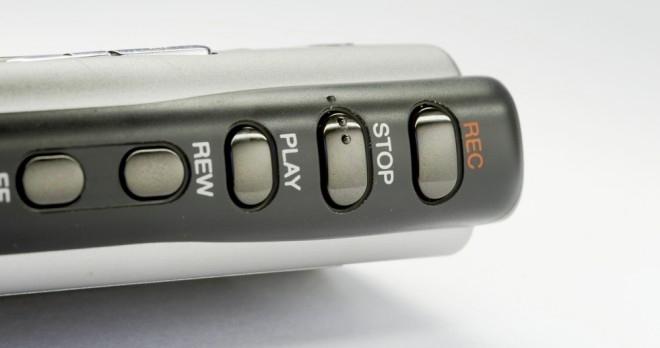Employment update: Are covert recordings admissible in Employment Tribunals?

Employers now, more than ever, need to recognise the fact that an employee may enter such a process with the intention of secretly recording the event via a huge range of possible devices.
What does this mean for employers?
And, most importantly, can these recordings be used further down the line at an employment tribunal?
Until recently there has been a clear divide between the public side of the hearing and the private discussions of the disciplinary or grievance panel. One case in 2007 (Arwell View School v Dogherty) accepted that there is a distinction between private and public conversations held during internal grievance/disciplinary meetings. Recordings of the public part of the hearing were potentially relevant evidence, particularly if there is a dispute over what was said. However, private deliberations were accepted as private and inadmissible on public interest grounds, to preserve the confidentiality and privacy of the discussions.
However, a recent case has amended this principle. Punjab National Bank v Gosain confirmed that both the private and public elements of the recordings can potentially be admissible as evidence.
Why the difference? The recordings in the Punjab case allegedly showed that during a recess of Ms Gosain’s maternity-related grievance, the bank’s MD ordered her dismissal and the manager deciding the grievance stated that he was deliberately skipping key issues. The court accepted that these were not ‘private deliberations’ on the merits of the grievance, instead they were potentially relevant evidence in support of Ms Gosain’s constructive dismissal and sex discrimination claims, accordingly there was no public policy argument which precluded their use as evidence in the case.
What should employers do now?
Recordings will be made – even if you have a policy which says employees may face disciplinary sanctions for doing so. But if the recordings show unacceptable behaviour, even in private, there will be strong arguments that they should be admitted in evidence, particularly if they help to prove the case.
Rule number one must therefore be to impress on managers hearing disciplinary and grievance processes to act impartially and properly at all stages of the process – no matter how difficult the hearing or the issues being presented.
Secondly, at the start of the hearing you should state that the proceedings should not be recorded, and refer to a policy (if you have one in place).
Consider conducting deliberations in a separate room. But, particularly if this departs from the norm for the organisation or if there is limited space, employees may want to know why. Also, reasonable employers may want to show that they have nothing to hide; that a covert recording will not show anything other than professional conduct by those making the decision. If the fact of a recording subsequently comes to light, employers may have legitimate grounds to discipline for breach of the instruction at the hearing’s outset.
In summary
As an employer you should always be mindful that an employee could be secretly recording your meetings and it is best practice to conduct yourself as if they were.
Whether recordings will be admissible in future hearings, is completely dependent on each case. Even if covertly recorded, the tribunal may get to hear them.
The lesson from these two cases is to make sure you and your managers are aware that their private off-the-cuff comments may become critical evidence in an employment claim.
Our Employment & HR team specialises in working closely with business owners and HR professionals on all aspects of employment law, including policies and procedures, remuneration and benefit issues, avoiding discrimination issues, as well as disciplinary/dismissal procedures and employment tribunals.
For more information and advice on any of the above changes, or any other employment law or HR matter, please get in touch with members of our Employment & HR Team.